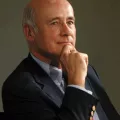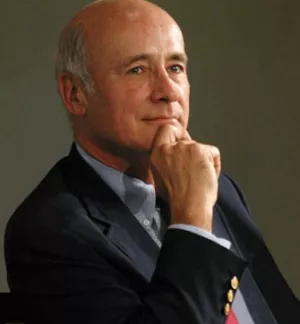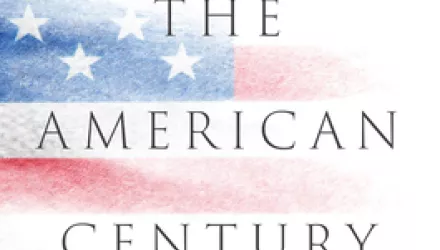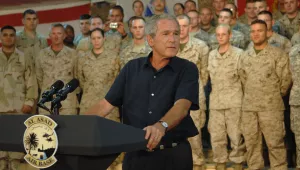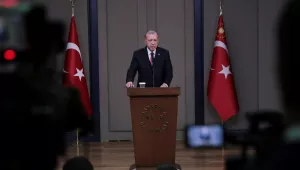Summary
The United States is well placed to remain the leading power in the twenty-first century, but it will have to learn to work with other countries to share the leadership role. Washington should adopt a strategy of providing global public goods analogous to the role the United Kingdom played in the nineteenth century, and it will need to combine its 'soft-power' and 'hard-power' resources into a 'smart-power' strategy. The paradox of American power in this century is that the largest power since the Roman Empire cannot achieve its objectives by acting alone.
"Traditionally, the leaders in international politics have been the most powerful states. However, while hard military power counts for more in the context of international politics than it does in democratic domestic politics, even in international relations conquest, or pure coercion, is not leadership, but mere dictation. Disproportionate power, sometimes called 'hegemony', has been associated with leadership, but appeals to values and ideology also matter, even for a hegemon....The United States is well placed to remain the leading power in world politics well into the twenty-first century. This prognosis, however, depends upon some key assumptions: that the US economy and American society will remain robust and not decay; that the United States will maintain its military strength, but not become over-militarised; that Americans will not become so unilateral and arrogant in their strength that they squander the nation's considerable fund of soft power; that there will not be some catastrophic series of events that profoundly transforms American attitudes in an isolationist direction; and that Americans will define their national interest in a broad and farsighted way that incorporates global interests."
Nye, Joseph. “Recovering American Leadership.” Survival, February-March 2008

